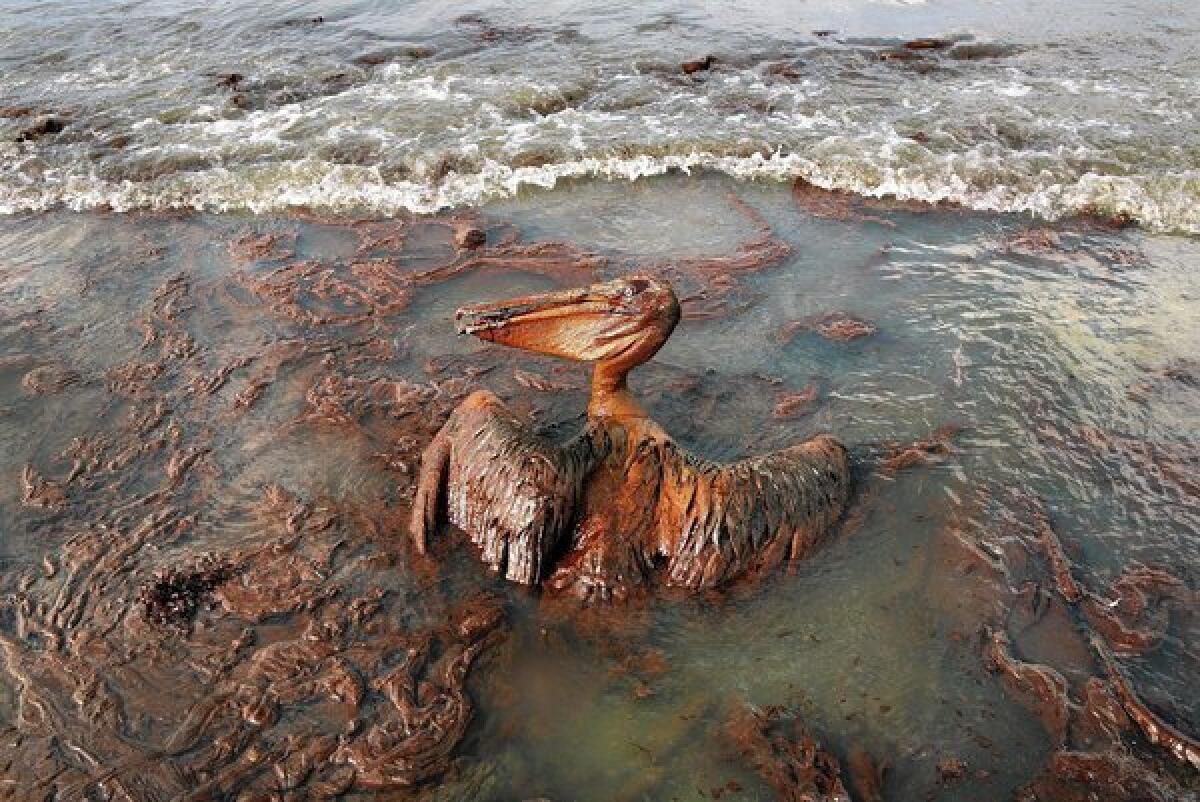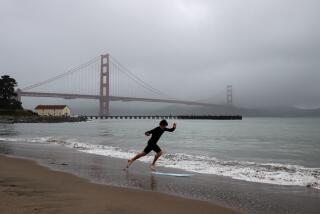Court slaps down BP’s motion to torpedo its own gulf spill settlement

No dice, BP.
That’s what a three-judge panel of the U.S. Court of Appeals in New Orleans told the giant oil company in a ruling issued late Monday. The judges rejected BP’s motion to block payments to victims of the massive Deepwater Horizon oil spill under a settlement the oil company itself had agreed to in 2012.
If you’re keeping track, that makes one U.S. District judge and two separate three-judge panels of the 5th Circuit Court of Appeals that have rejected BP’s effort to rewrite its own negotiated settlement. The appeals decisions were both 2-1.
“There is nothing fundamentally unreasonable about what BP accepted but now wishes it had not,” wrote the latest appeals panel, acidly. Payments to victims of the spill, which had been halted by an injunction obtained by BP, can now flow again.
As we reported last month, BP appears to be experiencing buyer’s remorse over the settlement it reached in 2012. In that deal, the oil company agreed to compensate individuals and businesses that claimed economic losses from the 2010 disaster — hotels and restaurants, seafood businesses, property owners and many others -- without insisting on detailed, dollar by dollar proof that losses they experienced during the spill period were tied specifically to the spill. The settlement is open-ended; as of the end of last month the payouts had reached almost $5 billion, with at least 100,000 claims still under consideration.
The idea was to streamline the claims process, so these victims wouldn’t each have to bring their cases before a judge and jury. All the claimants had to do was show that their income fell off and recovered according to a predetermined pattern during and after the oil spill -- if it matched the pattern, it was assumed to be the result of the spill.
But in recent months BP started attacking its own deal in newspaper ads and in court. Its complaint is that the claims administrator is paying off some undeserved claims -- even though its lawyers repeatedly acknowledged in court appearances that the process was so streamlined there might be some “false positives,” but they would be an acceptable cost of the compromise.
BP’s attack on its own negotiated settlement has lots of observers dumbfounded. That’s especially so since the federal judge it has been hounding to halt the supposedly improper payouts is the same judge presiding over a huge trial on BP’s liability for the Deepwater Horizon explosion. He’s soon to fix the amount of damages, which could run into the tens of billions of dollars, so it could be unwise for BP to look as though it’s reneging on an earlier settlement reached in his courtroom.
There’s some suspicion that BP’s behavior results from its having changed legal teams, bringing in a much more aggressive team from the firm of Gibson, Dunn & Crutcher and shouldering aside its original defense team from Kirkland & Ellis, who reached the settlement. As Susan Beck of American Lawyer reported last month, BP’s reversal of position on the settlement coincided with the arrival of Gibson Dunn. BP didn’t respond to our request for comment. Anyway, it’s now 0-for-2 before the Court of Appeals, and legal authorities say it’s unlikely to get another chance at the plate.
More to Read
Sign up for Essential California
The most important California stories and recommendations in your inbox every morning.
You may occasionally receive promotional content from the Los Angeles Times.











